What's Inside The Moon? Scientists Finally Have An Answer
The moon has fascinated humans for thousands of years, both for its science and its myths. And people have wondered whether it has a solid core or molten.
-
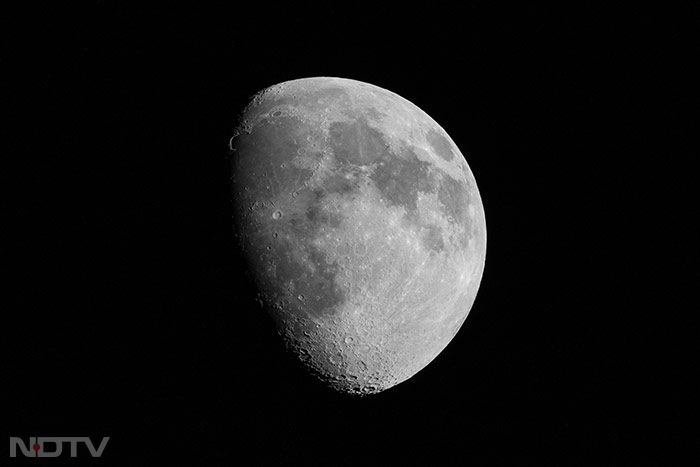 In a research published last year, researchers found that the inner core of the Moon is in fact a solid ball with a density similar to that of iron. (Unsplash)
In a research published last year, researchers found that the inner core of the Moon is in fact a solid ball with a density similar to that of iron. (Unsplash) -
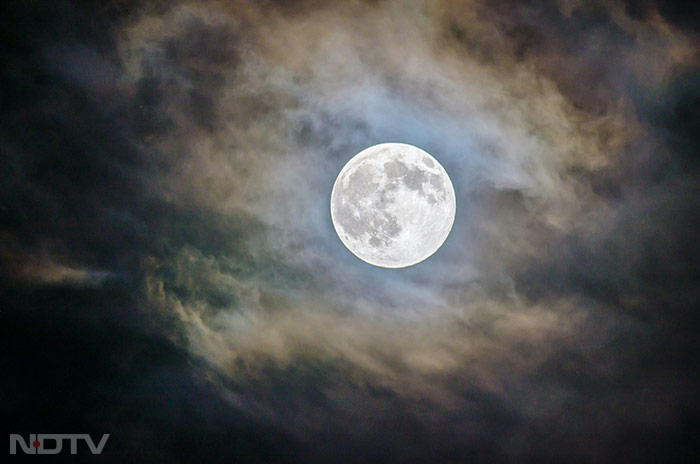 The study hopes to lead to a more accurate understanding of the moon's history - and, by extension, that of the Solar System. (Unsplash)
The study hopes to lead to a more accurate understanding of the moon's history - and, by extension, that of the Solar System. (Unsplash) -
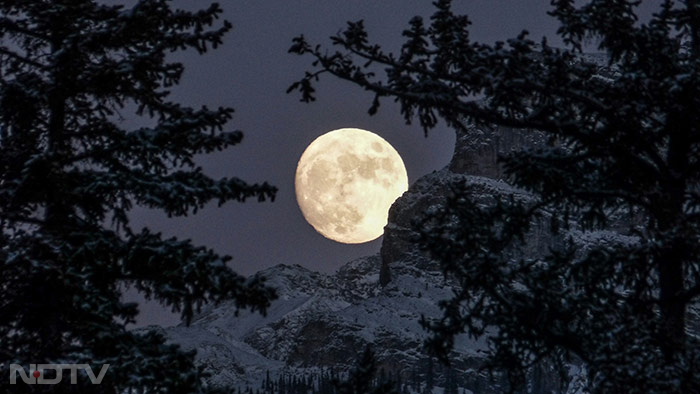 To understand the moon's core, the team studied its magnetic field and the timeline of the lunar bombardment in the first billion years of the Solar System. (Unsplash)
To understand the moon's core, the team studied its magnetic field and the timeline of the lunar bombardment in the first billion years of the Solar System. (Unsplash) -
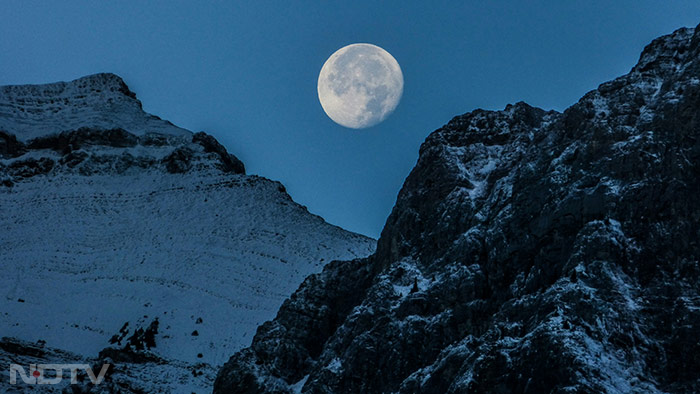 The report further said that the seismic data effectively examine the inner composition of the objects in the solar system. (Unsplash)
The report further said that the seismic data effectively examine the inner composition of the objects in the solar system. (Unsplash) -
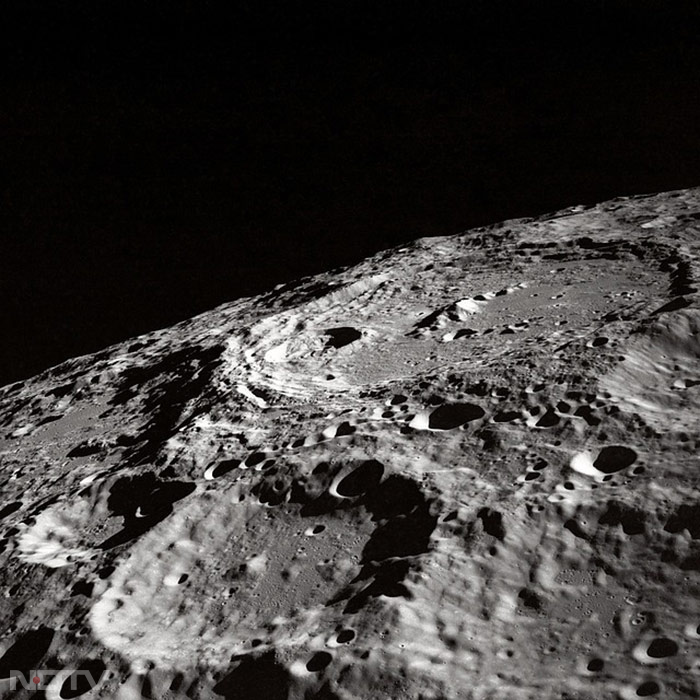 It said that the way acoustic waves generated by quakes move through and reflect from the material inside a planet or moon can help scientists create a detailed map of the object's interior. (Pixabay)
It said that the way acoustic waves generated by quakes move through and reflect from the material inside a planet or moon can help scientists create a detailed map of the object's interior. (Pixabay) -
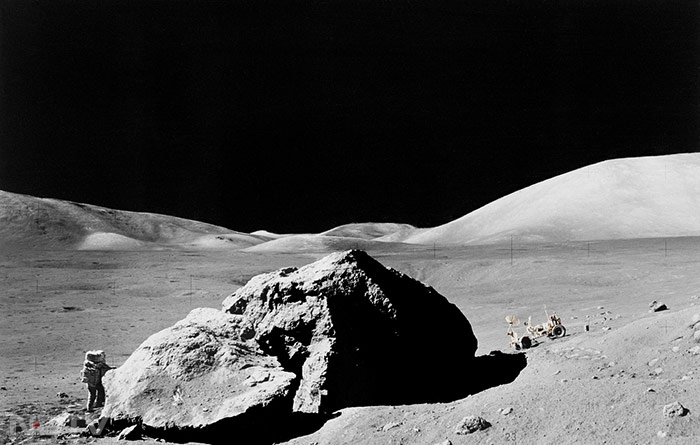 The researchers also made several interesting findings - that denser material inside the Moon falls towards the centre, and less dense material rises upwards. (Pixabay)
The researchers also made several interesting findings - that denser material inside the Moon falls towards the centre, and less dense material rises upwards. (Pixabay) -
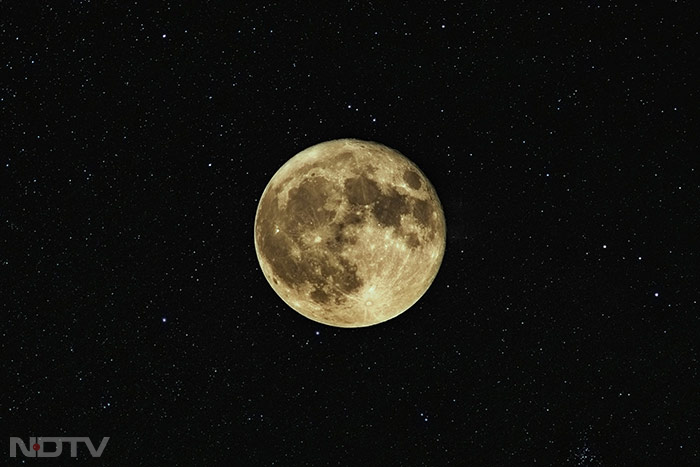 The study said that the lunar core is very similar to that of Earth, with an outer fluid layer and a solid inner core. (Unsplash)
The study said that the lunar core is very similar to that of Earth, with an outer fluid layer and a solid inner core. (Unsplash) -
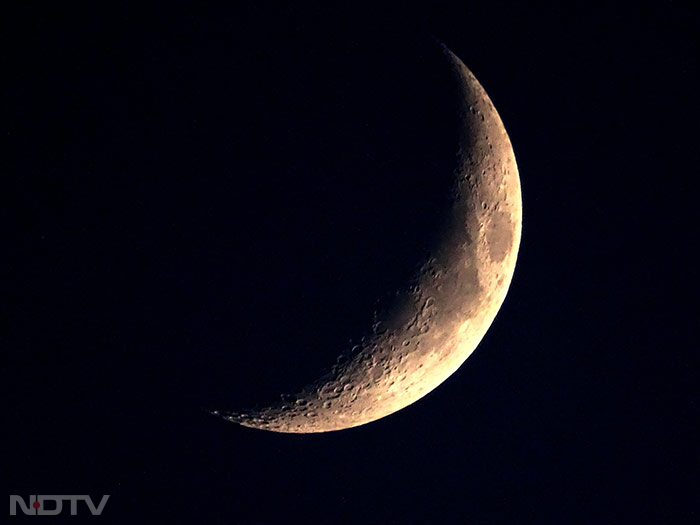 Giving details about the composition, the researchers said that the outer core has a radius of about 362 kilometres, and the inner core has a radius of about 258 kilometres. (Unsplash)
Giving details about the composition, the researchers said that the outer core has a radius of about 362 kilometres, and the inner core has a radius of about 258 kilometres. (Unsplash) -
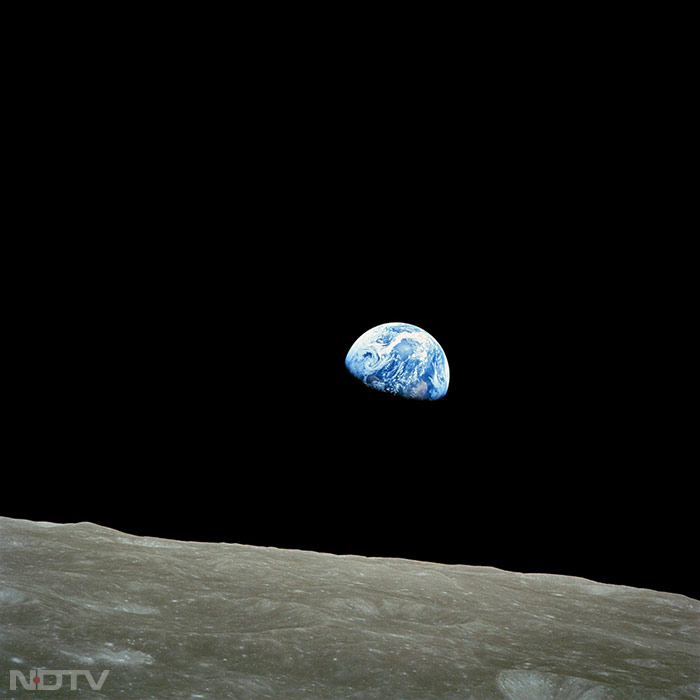 The inner core, the team found, also has a density of about 7,822 kilograms per cubic metre - very close to the density of iron. (Pexels)
The inner core, the team found, also has a density of about 7,822 kilograms per cubic metre - very close to the density of iron. (Pexels)
Advertisement
Advertisement
Advertisement
